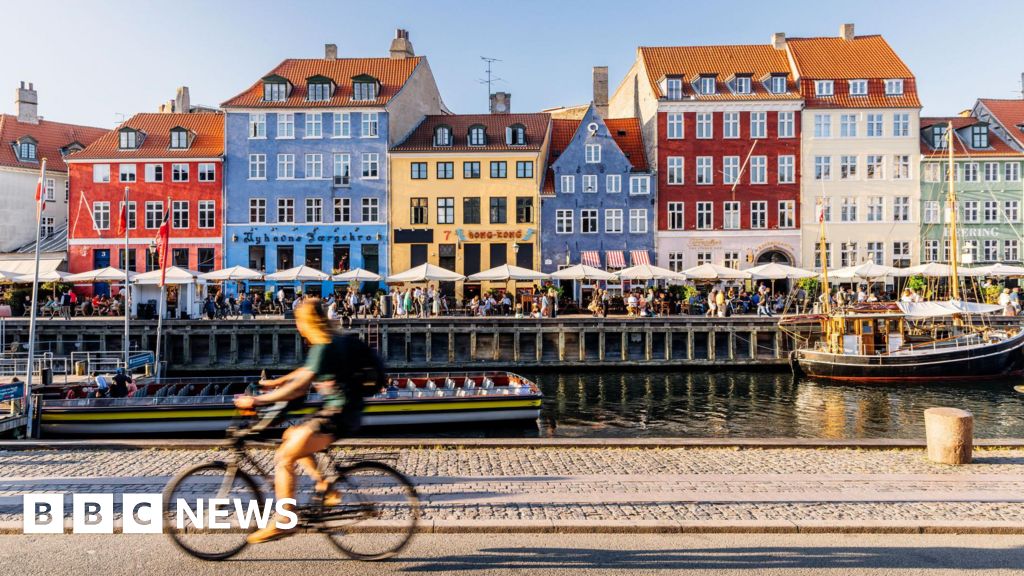
Tourists will be rewarded with free food and activities if they participate in environmentally friendly tasks while visiting Copenhagen, the city’s tourist board has announced.
The trial scheme, which begins on 15 July, will see tourist attractions in the Danish capital offer rewards for activities such as litter-picking, travelling by public transport or biking around the city.
Under the initiative, visitors can claim free lunches, coffees, glasses of wine and kayak rental in return for their work.
The “CopenPay” scheme is designed to offset the “environmental burden” of tourism, according to the Copenhagen tourist board.
“When you travel abroad – if you fly to other places or you travel by car – you pollute,” says the tourist board’s communications chief Rikke Holm Petersen.
“One of the things we can change is getting people to act more sustainably at the destination.”
The plan is only a “little step towards the green transition”, Ms Petersen admits.
The project is “trust-based”, meaning attractions are unlikely to ask for proof that the green activity has been completed. “In some attractions you might have to show a picture of you riding a bike, or of your public transportation ticket,” she says.
The government is not reimbursing the companies behind the attractions – including museums, rooftop bars and kayaking charities – for participating in the scheme. So far 24 organisations have signed up to the pilot.
Last year, Denmark recorded over 12 million overnight stays across the country, according to government statistics.
Ms Petersen anticipates a “small percentage” of visitors to the city will participate in the trial, which runs until 11 August.
Othy Jasper, a 25-year-old Londoner who will be travelling to Copenhagen for work in August, said he is “conscious” of his air miles when he travels. “It can really rack up – you have to think is it essential, is it worthwhile? Of everything one can do, catching flights is possibly the worst for pollution.”
Speaking on the scheme, he says “it’s cool they’re doing something for the climate” but it would be unlikely he would spend time collecting litter in return for a reward.
“In terms of an incentive, it feels like a bit of an effort to do.”
If the scheme is judged to be a success it will be rolled out across the rest of the year.
“Imagine if we could have people taking a greener mindset back with them – if that was the souvenir they got – that would be amazing,” Ms Petersen says.
